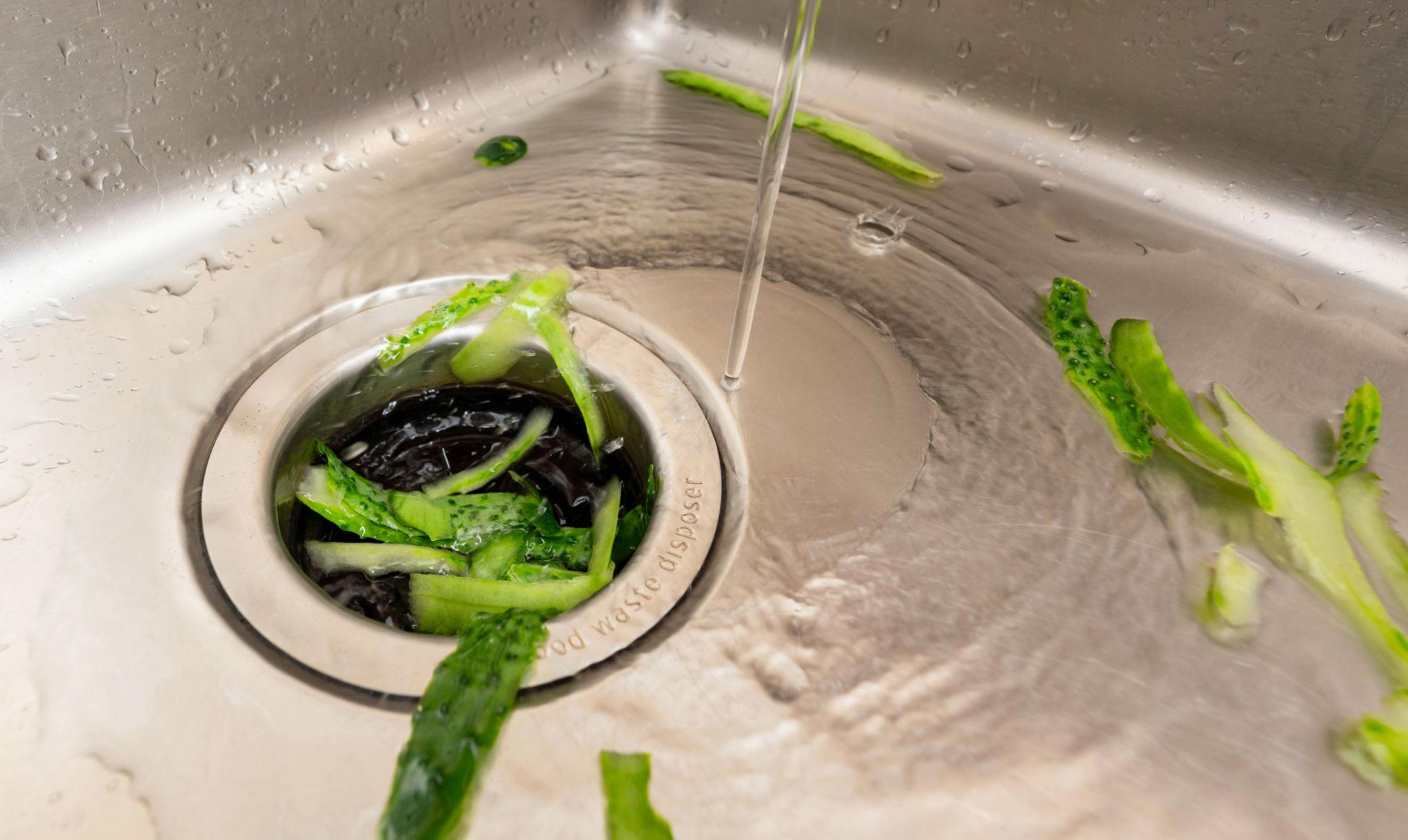Case Study: Successful Rubbish Removal Projects in Greater Manchester
JG
Overview of Rubbish Removal in Greater Manchester
Greater Manchester, a bustling metropolitan area in the UK, is home to a diverse range of businesses, residential areas, and public spaces. With such diversity comes the challenge of managing waste efficiently and sustainably. Over the years, rubbish removal projects in this region have evolved to address these challenges, ensuring a cleaner and greener environment for all.
Successful rubbish removal projects in Manchester have been pivotal in shaping the city's environmental landscape. These initiatives have not only improved waste management practices but have also contributed significantly to community well-being and urban development. This case study highlights some of the most effective projects that have been implemented in recent years.

Community Engagement and Awareness
A crucial aspect of successful rubbish removal projects is community engagement. In Greater Manchester, several initiatives have focused on educating residents about the importance of proper waste disposal and recycling. Awareness campaigns, workshops, and interactive sessions have encouraged community involvement and responsibility.
One notable project involved local schools collaborating with waste management companies to conduct educational tours and sessions. These efforts have instilled a sense of environmental responsibility among the younger generation, fostering a culture of sustainability that extends beyond the classroom.
Innovative Technologies and Techniques
Advancements in technology have played a significant role in enhancing rubbish removal processes. In Manchester, several projects have adopted innovative tools and techniques to improve efficiency. For instance, the use of GPS tracking systems for waste collection vehicles has optimized routes, reducing fuel consumption and emissions.

Additionally, the implementation of smart bins equipped with sensors has enabled real-time monitoring of waste levels. This technology ensures that bins are emptied promptly, preventing overflow and maintaining cleanliness in public areas. These innovations have set a benchmark for other cities aiming to modernize their waste management systems.
Collaborative Efforts and Partnerships
Successful rubbish removal projects often involve collaboration between various stakeholders. In Greater Manchester, partnerships between local councils, private waste management companies, and community organizations have been instrumental in achieving waste reduction goals. These collaborations facilitate resource sharing, knowledge exchange, and coordinated action.
For example, a joint initiative between the Manchester City Council and a leading waste management firm resulted in a significant reduction in landfill waste. By combining resources and expertise, these entities were able to implement more efficient waste sorting and recycling processes.

Environmental Impact and Future Prospects
The success of rubbish removal projects in Greater Manchester has had a positive impact on the environment. Reduced landfill waste, increased recycling rates, and lower carbon emissions are just a few of the benefits observed. These projects not only contribute to a cleaner city but also support broader environmental goals such as combating climate change.
Looking ahead, the future of rubbish removal in Greater Manchester appears promising. Continued investment in technology, community engagement, and collaborative partnerships will be key to sustaining progress. As more cities look to emulate Manchester's success, these projects serve as valuable models for effective waste management strategies worldwide.